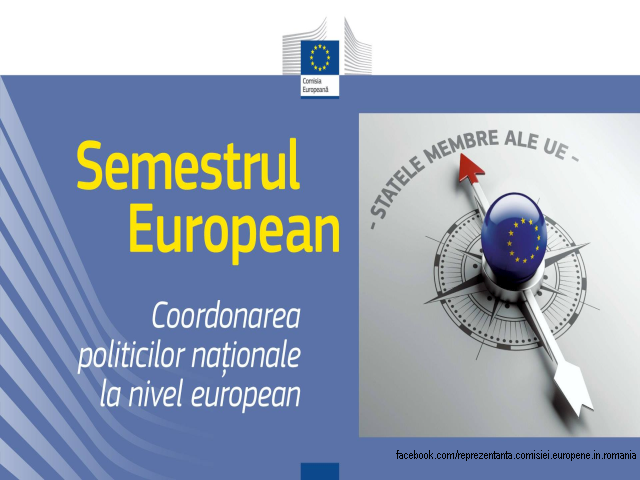EC Country Report on Romanian Economy
The EC Country Report on Romanian economy speaks of progress, but also draws attention to potential threats.

Roxana Vasile, 10.03.2016, 14:04
Net wages in Romania dropped in January this year by over 8%, as compared to the previous month,
standing at the equivalent of approximately 430 Euros. It is no secret that
investors are attracted by the small salaries in the Romanian business environment. At the same time, Romania is
topping a ranking of countries with the highest income inequality between the
rich and the poor; the ratio is 7.2 to 1 as compared to the European ratio of 5
to 1. For several years now, Romania has been among the countries with the
highest economic growth, which hasn’t quite been felt by its people so far. The
country’s ranking as one the poorest also proves that this growth model isn’t
to the people’s benefit. This paradox, as the head of the European Commission
Representation in Bucharest Angela Filote points out, doesn’t have quality as
foundation, but low salaries and costs.
Angela Filote: All this tells me is that the economic
growth model in Romania nowadays is not working for the benefit of its people,
because in spite of all this growth, people continue to be poor. This isn’t a growth
model we should encourage as a sustainable, durable model, one that leads to
the hope for a better future and a better standard of living.
For this reason, in the country report
for Romania, the European Commission recommends the authorities focus on three
key areas: ways of kick-starting investment, carrying on structural reforms,
and implementing responsible budget policies. At the same time, Finance
Minister Anca Dragu says that investments have recovered after the 2013 slump.
However, this occurred mainly in the private area, while public investment
remains in short supply and is ineffective.
Anca Dragu: Romania has a sustainable economic growth, with a growth rate in
the investment area of 7.5% in 2015 and an increase in final consumption of 5.3%,
therefore investment remains the engine for growth.
Romania’s economic growth has to be
boosted through structural reforms related to capital, labour force and
productivity – says Valentin Lazea, chief economic adviser with the Romanian
Central Bank. A short list would include, among other things, better absorption
of EU funds, boosting direct foreign investment, turning the Bucharest Stock
Exchange from a border market into an emerging one, boosting healthcare and the
birth rate, education, research and development, building a Trans-Carpathian
road infrastructure as well as agricultural development. All these measures are
difficult to implement, as they don’t bring in votes – Lazea went on to say.
However, as the European Commission discretely pointed out, there is no more
room for fiscal and monetary relaxation, as they have already been
implemented.






























